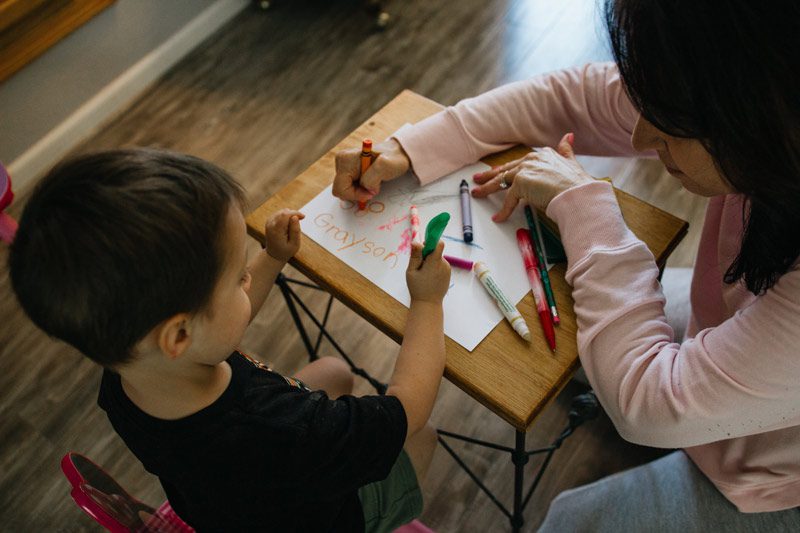
Raising a child with ASD comes with special challenges, especially when supporting their learning and development. Many parents today are looking into in-home therapy as a way to provide consistent care. In fact, services like https://stepupabatherapy.com/des-moines/aba-therapy/in-home are becoming a trusted choice for personalized and effective support where children feel most comfortable.
A safe and familiar environment
In-home ABA therapy has a big advantage over other therapies because children receive care in a place they are familiar with. Being at home reduces anxiety and stress that comes with unfamiliar settings. The comfort is letting the kids with ASD focus better on learning and practicing skills without distractions.
Personalized learning for every child
Every child with ASD is unique; they have different traits in various aspects, such as:
- needs
- strengths
- goals
In-home ABA therapy provides therapists the chance to create programs that fit naturally into a child’s daily life.
For example, a therapist might teach communication during mealtime or help a child build social skills while playing with siblings. It is a practical approach that makes learning meaningful and easier to apply.
Convenience for busy parents
Parents juggle multiple responsibilities, from work to household tasks. In-home therapy saves time and energy since there is no need to travel back and forth to a clinic. Families can also schedule sessions at times that work best for them, which makes it easier to stay consistent. This convenience means parents can focus on supporting their child instead of worrying about logistics.

Involvement and bonding
In-home ABA therapy supports the child and empowers parents. Caregivers can engage with the children by:
- observing sessions
- learning strategies
- practice them daily
The involvement helps build stronger connections between parent and child while ensuring that progress continues even outside therapy hours.
Real-Life skill building
The therapy sessions take place at home, where children practice skills in real-life situations, such as:
- brushing teeth
- sharing toys
- following bedtime routines
Therapy becomes part of their everyday life. The hands-on approach helps kids build confidence and independence step by step.
A support system that grows with the child
In-home ABA therapy is flexible, whether focusing on:
- language
- behavior
- social interaction
The therapist adapts goals along the way, making a smoother journey. Children reach milestones at their own pace, independently.
Conclusion
In-home ABA therapy is a meaningful option for parents looking for convenient care for their kids with ASD. It is a safe and family-centered way to support children with ASD. Kids learn important life skills where they feel most secure at home.






